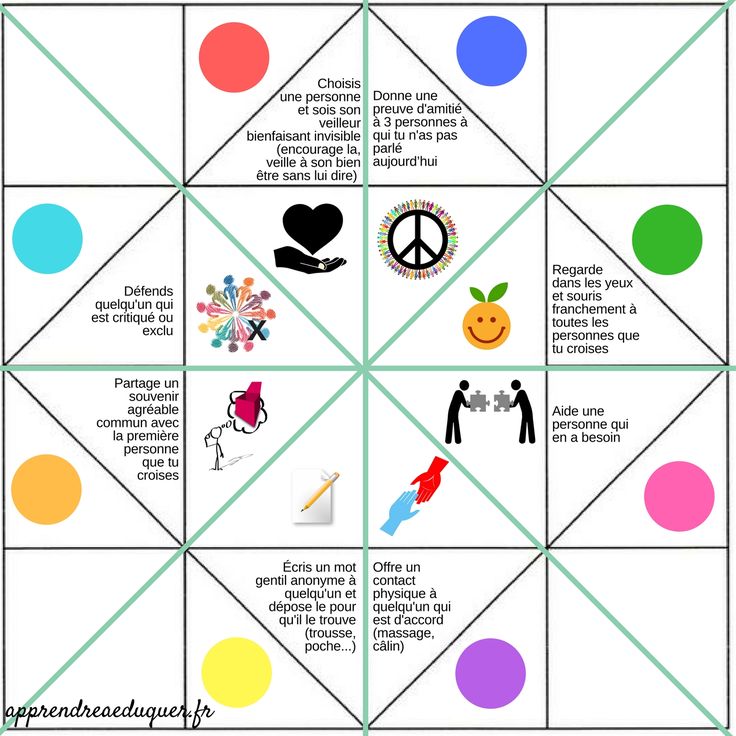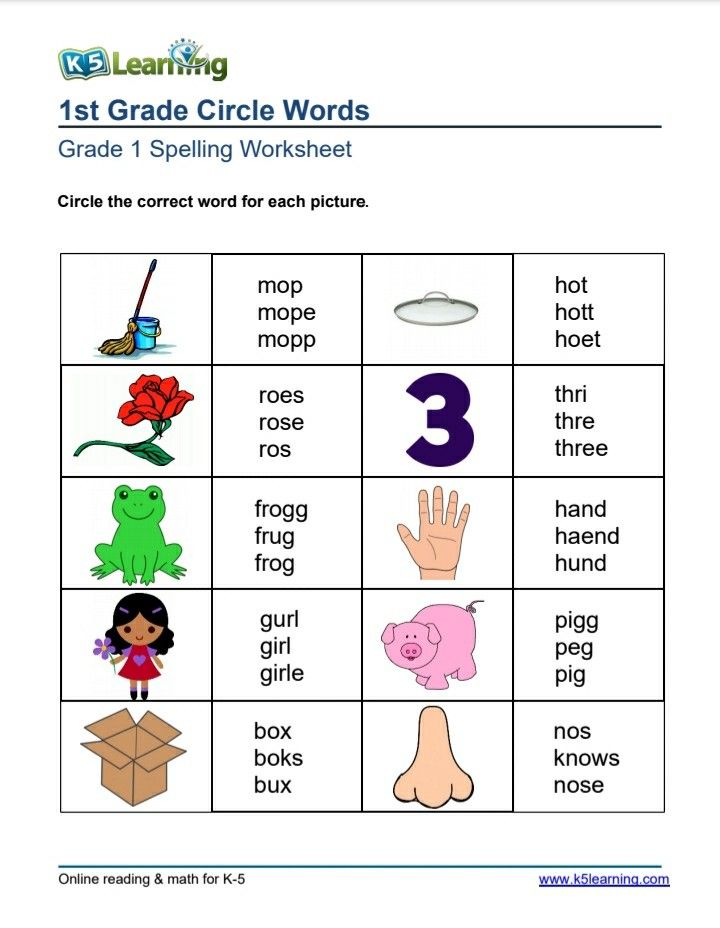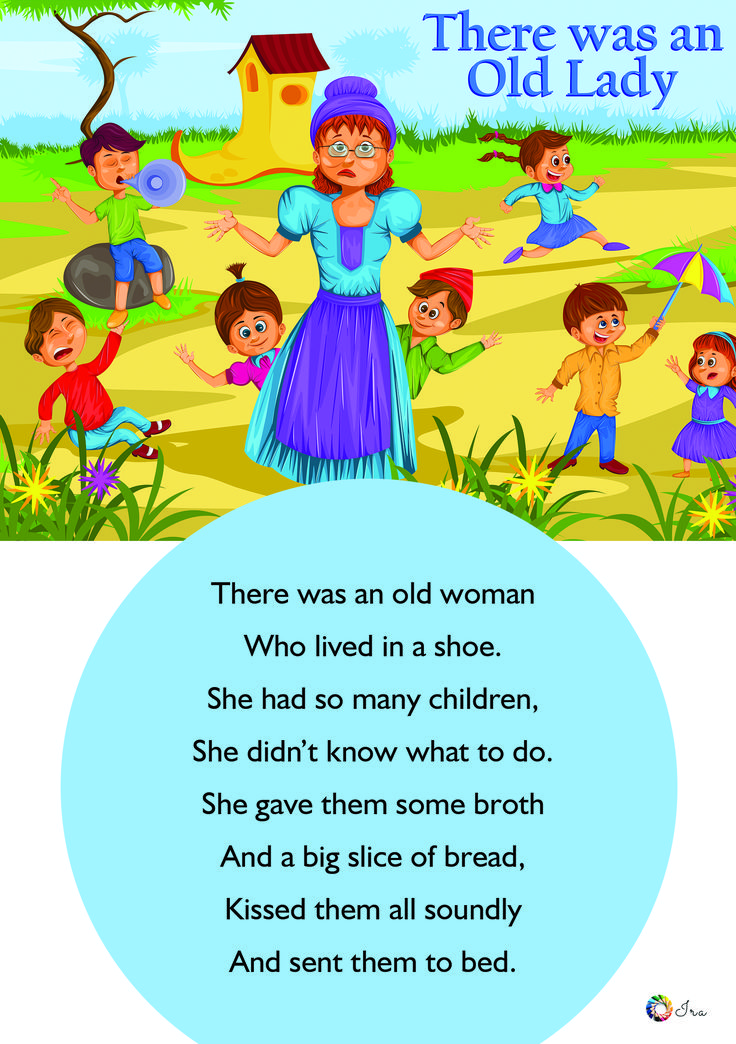Activities for compassion
17 Activities for Kids to Practice Kindness and Compassion
Having compassion for others and treating those around us with kindness doesn’t have to be taught. It’s often learned through model behavior and comes naturally to many kids. But there are many activities for kids that further encourage a ‘kindness mindset’. In bringing awareness to situations that require compassion and empathy, children will begin to view others with a more understanding lens.
These activities and acts of kindness will help children interact and engage with the world around them in a compassionate and empathetic way:
1. Play a cooperative, team-building game with friends.
Playworks is a non-profit organization that supports learning and physical health among children. It’s a great resource with a number of examples of team-based games for kids.
2. Volunteer at an animal shelter.
Teaching compassion for animals is a great way to practice empathy, kids are naturally drawn to animals and love to help them.
3. Visit the elderly.
Your children can sing songs, perform a short skit, or play an instrument.
4. Join a family fun run that donates money to a charitable cause.
Discuss and research the cause with your children beforehand.
5. Volunteer at a food bank.
This is an excellent hands-on way for kids to help out and also get a better sense of the struggles that some face.
6. Make a family Kindness Jar.
The Kindness Jar is a simple system of positive reinforcement that promotes kind behavior and acknowledges the effects of unkind behaviors.
7. Write a kind note for a family member.
Having your child take a moment for positive considerations and then articulate it in a note does well to foster kindness.
8. Make a homemade bird feeder to put in your yard.
Check out some interesting ways to create your own bird feeder from everyday recycled materials.
9.
 Bring your teacher a drawing or small gift.
Bring your teacher a drawing or small gift.It will show how much your child appreciates their hard work and dedication!
10. Sponsor a child from another country.
You can help children living in underprivileged communities through organizations like World Vision.
11. Read stories from the Make-a-Wish website or watch some of their YouTube videos.
Make-a-Wish has a collection of touching stories for you and your children to read through on their website.
12. Read books about friendship.
Here are a number of books about friendship and love – perfect for children of toddler-to-preschool age.
13. Host a lemonade stand.
Donate the earnings to a worthy organization you and your children have picked together.
14. Write a letter to a soldier.
Operation Gratitude is a great organization to check out to thank soldiers for their commitment and bravery.
15. Bake treats for local firefighters or police officers.
Bake treats for local firefighters or police officers.
These banana breakfast cookies are a healthy and delicious recipe to go with.
16. Donate pre-loved items to those in need.
Old clothing and toys are two great places to start!
17. Act it out!
Here are 10 scenarios that help kids develop compassion.
These activities will help children gain a deeper understanding for others while teaching them to spread kindness and compassion. Plus, they will feel really good while doing them!
Would you like to be the first to hear about our new products and more?
Sign up for our Nature’s Path Newsletter.
Katie Chiavarone
21 Kindness Activities for Kids – Compassion International
Christian Faith
Kindness Matters
When Parents magazine surveyed 1,227 moms and dads in the U. S. about what they value most, the parents ranked kindness as the most important trait to cultivate in kids — more important to them than intelligence, individuality or work ethic.
S. about what they value most, the parents ranked kindness as the most important trait to cultivate in kids — more important to them than intelligence, individuality or work ethic.
Another study about parenting concerns revealed that 71% of American parents placed highest importance on their children being honest and ethical as adults, followed by 65% placing the same importance on their children growing up to be caring and compassionate.
Clearly, kind kids matter to parents. Kindness matters to God as well. It’s a fruit of the Spirit, a deep and genuine reflection of a heart in the right place — and it goes well beyond just being nice.
How Do We Create Kind Kids? How Do We Teach Children to Show Kindness?
A hands-on project or fun activity often can go further than a lecture. Great activities for teaching kindness can include service projects, crafts or even games.
To help you teach your children about kindness, we’ve compiled the following list of 21 kindness ideas and activities for any age, from preschoolers to teenagers.
Simple Ways Kids Can Show Kindness at Home
-
Do something considerate for another member of the family.
- Offer to do a sibling’s chore for them.
- For a fun way to keep track of chores, craft this artistic door hanger.
- Spend time reading books with a younger sibling.
- Clean part of the house without being asked.
- Help a parent pull weeds in the yard.
- Help a parent make breakfast in bed for the rest of the family.
- Leave kindness notes around the home for family members. Write some kind words on sticky notes or pieces of paper and place the notes somewhere family members will find them.
- Offer to do a sibling’s chore for them.
-
Show kindness to animals.
- Take a pet on a walk or spend extra time playing with a pet.
- Offer to help care for a classroom pet at school.
- Craft a pinecone and peanut butter birdfeeder to make sure God’s creatures have plenty to eat — especially during cold months.

-
Welcome guests to your home.
- Offer guests a drink of water, tea or coffee when they arrive.
- If pets are present, ask if the guests are comfortable with them. If not, take the pets into another room.
-
Have a weekly family devotional or Bible study time.
-
Play a cooperative game.
- Cooperative board games are growing in popularity among families wanting to teach kindness lessons. Rather than competing, all players work together to beat the game. Examples of cooperative board games for families include:
- Noah’s Animal Rescue.
- Hoot Owl Hoot.
- Forbidden Island.
- Get Raise, Save, Give — a free printable kindness game from Compassion Explorer Magazine.
- Cooperative board games are growing in popularity among families wanting to teach kindness lessons. Rather than competing, all players work together to beat the game. Examples of cooperative board games for families include:
-
Honor a family member for something they’re good at.
- These DIY gold medals are great kindness crafts.
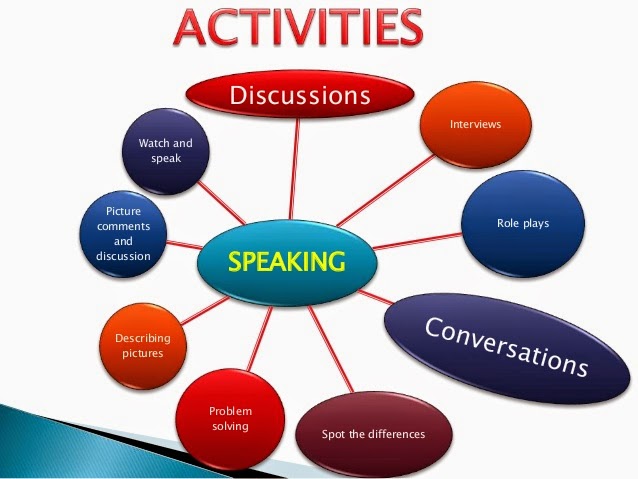
- These DIY gold medals are great kindness crafts.
Kindness Activities for School and the Classroom
-
Celebrate World Kindness Day.
- World Kindness Day is celebrated annually on November 13.
- It began in 1998 by the World Kindness Movement, a coalition of organizations dedicated to kindness.
- Many countries around the world celebrate World Kindness Day, which promotes good deeds in the community and asks people to focus on what brings us all together rather than what divides us.
- To bring the spirit of World Kindness Day to the classroom, make a thank you or appreciation card for a teacher or bring a snack for the whole class.
-
Make a kindness card or craft for a good friend. This pop-up card is a great kindness craft idea!
-
Include others.
- Invite classmates to play a game at recess.
- Introduce them to a game that kids in other countries play.

- Introduce them to a game that kids in other countries play.
- Look for a kid who looks lonely or left out and ask him or her to eat lunch.
- Invite classmates to play a game at recess.
-
Look for opportunities to help someone.
- Hold the door for someone.
- If you see another kid drop something, help them pick it up.
- If someone looks lost in the hallway, help them get where they’re going.
- If you see a student being bullied at school, take their hand and lead them away from the people saying unkind things. Tell a trusted adult about the bullying.
Activities that Teach Kids to Love Their Neighbors
-
Help a neighbor with yard work, such as raking leaves, pulling weeds or carrying in the groceries.
-
Make and deliver a treat, such as cookies, banana bread or this Peruvian hot chocolate — a kindness jar that’s a craft, gift and recipe all in one!
-
Tie balloons to a neighbor’s fence post to celebrate their birthday or decorate their sidewalk with birthday wishes written in chalk.
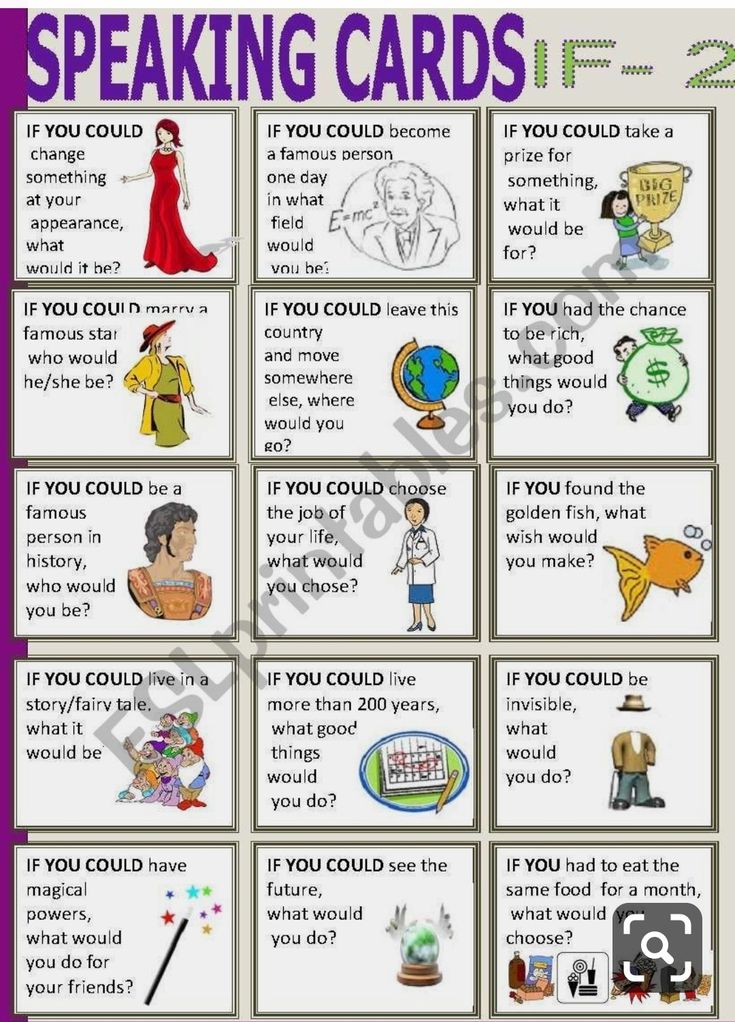
-
Share Christmas joy by singing carols outside people’s homes at Christmastime.
-
Teach empathy for children living in poverty with the help of these poverty lesson plans and learning activities — because neighbors aren’t only those who live next door to us.
More Ways Kids Can Show Kindness and Consideration of Others
-
Let someone know you care and are thinking about them.
- Call a relative you haven’t spoken to in a while.
- Send a card to a friend.
- If you sponsor a child, write a letter to your sponsored child.
- Get inspiration from our letter-writing prompts.
-
Challenge yourself to perform simple acts of kindness with an acts of kindness challenge planner.
-
Make summer count with a printable kindness calendar of service projects, science experiments, prayers, crafts and more.

-
Make artwork highlighting kindness quotes and post them around the home, at school or on a bulletin board in a library or a local coffee shop as encouragement to be kind.
- “Spread love everywhere you go. Let no one ever come to you without leaving happier.” — Mother Teresa
- “A kind word is like a spring day.” — Russian proverb
- “Carry out a random act of kindness, with no expectation of reward, safe in the knowledge that one day someone might do the same for you.” — Princess Diana
-
Follow Jesus’ example.
- Be kind and compassionate to one another, forgiving each other just as in Christ God forgave you. (Ephesians 4:32, NIV)
- Do not forget to show hospitality to strangers, for by so doing some people have shown hospitality to angels without knowing it. (Hebrews 13:2, NIV)
- Do to others as you would have them do to you. (Luke 6:31, NIV)
-
Sponsor a child living in poverty.
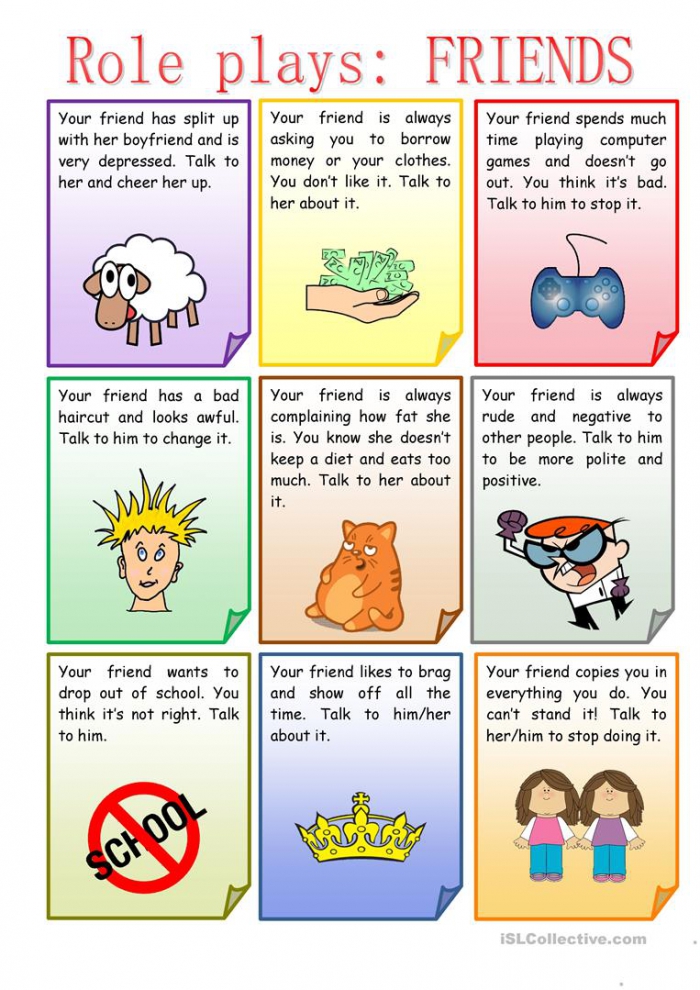
Child sponsorship is one of the most effective ways to help children break free from the cycle of generational poverty and hopelessness.
Compassion works with thousands local Christian churches around the world to develop children holistically and address their physical, economic, spiritual and socio-emotional needs. Your sponsorship would give a child in poverty the opportunity to receive:
- Regular health checkups and medical assistance.
- Tutoring, mentoring and other educational and vocational support.
- Clean water, food and supplementary nutrition.
- Health and hygiene training.
- Safety and protection.
- The chance to hear the Gospel and learn about Jesus.
Show Kindness to a Child in Need. Sponsor a Child today!
Put Your Faith Into Action. Sponsor a Child Today!
Compassion International is a Christ-centered, church-driven and child focused ministry. Our mission is to release children from poverty in Jesus’ name. We partner with local churches in each country we work in so that every child in our program has the chance to hear about God’s love.
Our mission is to release children from poverty in Jesus’ name. We partner with local churches in each country we work in so that every child in our program has the chance to hear about God’s love.
{{mergeData.personalName}}
{{mergeData.country.countryDescription}} Child's Location
Pin icon indicating the child's location
{{mergeData.birthdayTextDisplay}} Child's Birthday
Birthday cake icon indicating the child's birthday
{{mergeData.primaryActionText}}
{{mergeData.secondaryActionText}}
What is empathy and compassion?
The ability to empathize with another person is a quality that not everyone possesses. Some are of the opinion that compassion and empathy are absolutely unnecessary feelings. Others, on the contrary, believe that it is only thanks to empathy that humanity occupies the highest stage in evolution. In psychology, empathy is the ability of an individual to share the negative events and emotions of another person. When a person can sympathize with another, he is always ready to help. nine0003
In psychology, empathy is the ability of an individual to share the negative events and emotions of another person. When a person can sympathize with another, he is always ready to help. nine0003
Content:
- 1 Concept in Buddhism
- 2 Are these feelings necessary?
- 3 The difference between empathy and compassion
- 4 Good or bad
- 5 Which is better?
- 6 How to learn empathy?
- 7 Facets of manifestation
The concept in Buddhism
In Buddhism, the term compassion is defined by the desire of an individual to dissolve in the positive or negative feelings of another person. In this case, a person simply seeks to adopt the emotions of another in order to somehow help him. Empathy and compassion do not apply to a specific person, because a person can also experience these emotions for a completely unfamiliar person. nine0003
One of the most striking examples of compassion in Buddhism is the experience of a Buddhist for those who died in the war. He begins active work, helping the victims, and expresses sympathy.
He begins active work, helping the victims, and expresses sympathy.
Are these feelings necessary?
It is impossible to unequivocally answer the question of whether such feelings are necessary. Many believe that thanks to such feelings, a person becomes softer and kinder. At school, they also try to instill empathy in children through the analysis of various compositions and classics. Thanks to empathy, a person is able to indicate the limits of acceptable actions, as well as to understand whether he did something wrong in relation to another. nine0003
The difference between sympathy and compassion
It is not always possible for a person to understand the difference between sympathy and compassion. The definition of "sympathy" can be considered as the ability to empathize with a person in difficult times. Empathy can be experienced towards different groups of people. Compassion is different in that this feeling is more global and applies only to individuals.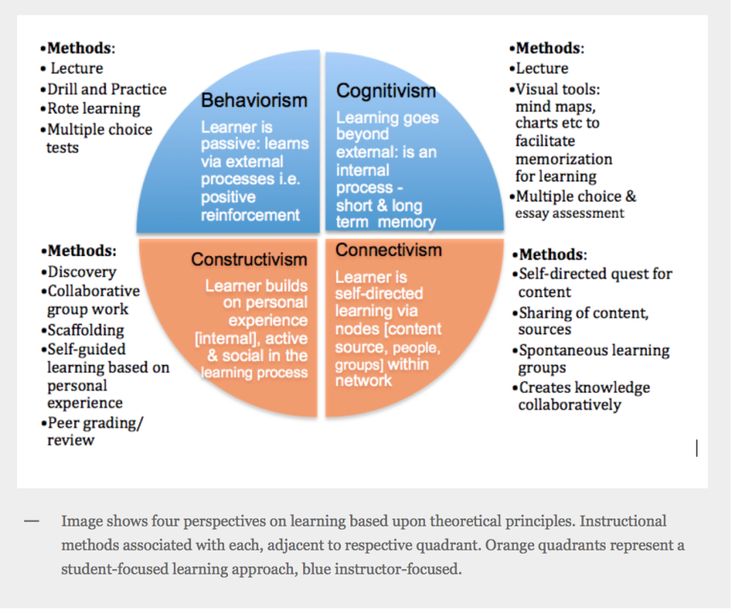
In another way, empathy is called empathy. This quality is very important for psychologists, teachers, doctors and other professionals who work with people. It is with the help of empathy that a professional can find a common language with a person. nine0003
When a person feels pity for another, he is not ready to experience the same emotions as the person being pity. Compassion, on the other hand, manifests itself in the form of a desire to show care and offer help. Compassion and condolence are completely different things. In the case of condolences, the person simply shows that they are genuinely sorry for what happened in the life of another.
Good or bad
There are many different opinions about empathy and compassion. Some believe that sympathy and compassion is not necessary. Others are sure that with the help of such feelings one can easily parasitize strong people. nine0003
One of the simplest examples is when a woman receives financial assistance from her friend, who is more successful and constantly complains about her friend's quality of life.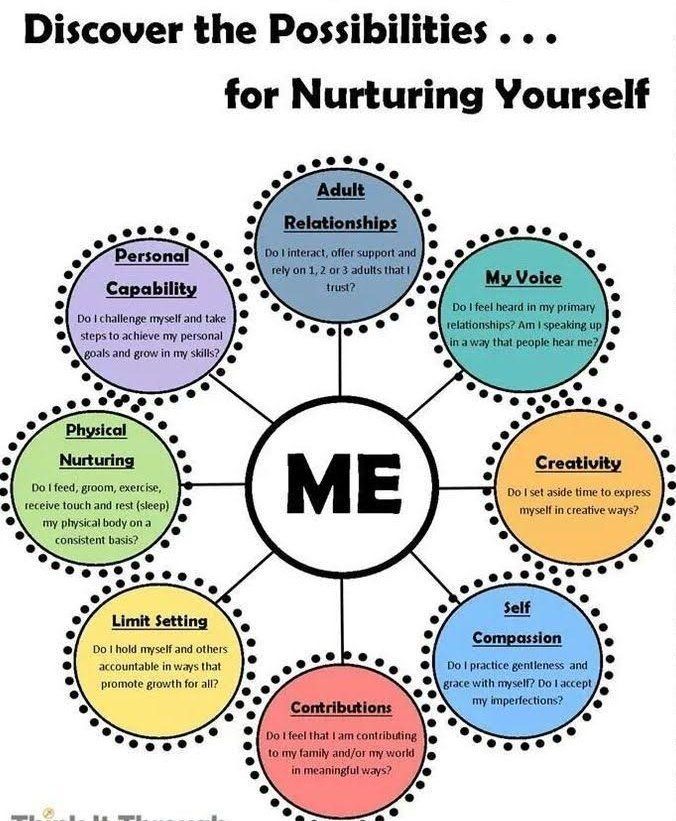 Thus, the woman's actions are only aimed at obtaining financial assistance from a sympathetic friend, while she does absolutely nothing.
Thus, the woman's actions are only aimed at obtaining financial assistance from a sympathetic friend, while she does absolutely nothing.
Each person has the right to decide for himself whether he wants to feel sympathy for someone or not. Not always a kind word and help can be for the good, and sometimes they can lead to even more sad consequences. The concept of sympathy each considers for himself individually. Someone plunges headlong into other people's problems and begins an active process, while others simply abstract. nine0003
Which is better?
When showing sympathy, some can only escalate the situation. It is much better if a sympathizer takes action to provide real help. It is the ability to sympathize that determines a person's activity in the field of volunteering. Each person has the right to independently decide in what activities he would like to take an active part. The difference between a person who knows how to sympathize and someone who has never done it is that the former experiences the emotional tragedies of other people and would not want to be in their place.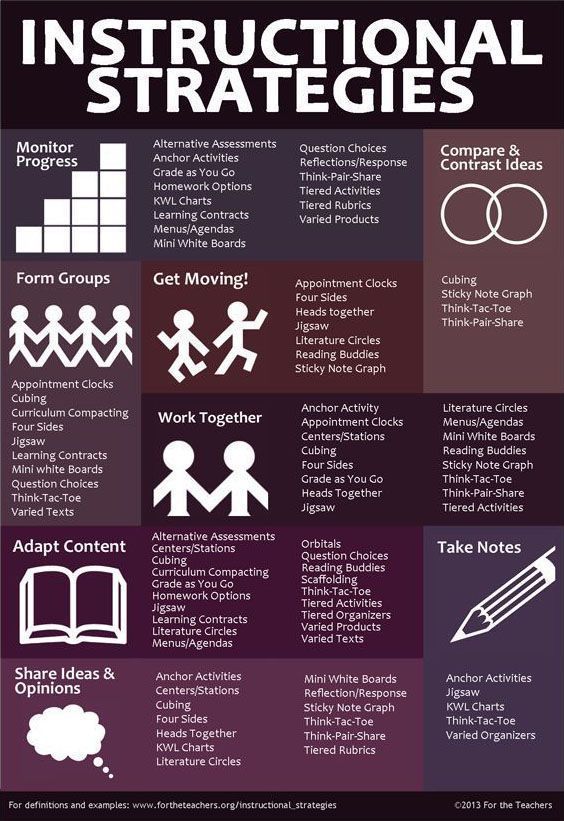 It is this kind of thinking that stops a person from doing bad deeds. nine0003
It is this kind of thinking that stops a person from doing bad deeds. nine0003
How to learn empathy?
Compassion and sympathy is hard work that requires a high degree of self-control from a person. You can develop empathy in yourself through training, for example, putting yourself in the place of another person, trying to understand their feelings. During reasoning, try not to judge the person, but think about how you can solve the problem. An excellent impetus in the development of such qualities will be participation in charitable projects. It is through helping people that a person will begin to understand what sympathy and compassion means. nine0003
Facets of manifestation
Not all people can show compassion sincerely, and the origin of this feeling in this case is aimed at developing a painful attachment. During manipulation, the compassionate person becomes aggressive and angry, so the perception of the victim changes, and she simply cannot leave on her own.
Some people are not able to sympathize properly due to softness of character, which leads to manipulation. In the end, others take advantage of this, constantly asking for moral and material assistance. nine0003
When you decide to help, put yourself in the place of the needy, but don't do everything for him. The person has to deal with the problem on their own, and you just have to push them a little. Empathy and compassion are important feelings, without which civilization would be much more difficult. Only with the help of support people are able to survive tragedies. However, each person decides for himself whether there is a place for sympathy in his life or not.
To learn compassion, you need to be able to understand the psychology of people. The Mentalist Wikium course can teach you this. nine0003
5 definitions that will surprise you
What is compassion: its 5 definitions + the difference between compassion and pity + 5 components of this feeling + 3 manifestations + 3 ways to develop sensitivity in yourself.
All people in one way or another need compassion. There are many situations in life that are difficult to cope with on your own and the true need of a person is the desire to share his emotional state with someone else. But, unfortunately, not everyone knows what compassion is. Some do not experience it at all, others simply do not know how to manifest it. nine0003
What compassion really is: 5 definitions after which your world will never be the same
Compassion, psychologists say, can be expressed in five definitions:
- compassion is an expression of true love and understanding for one's neighbor;
- compassion is the ability to feel and alleviate human suffering;
- compassion is respect for the experiences of others without diminishing their importance;
- compassion is an action for the benefit of another, sometimes even to the detriment of oneself; nine0008
- compassion is the quality of a person who is capable of selfless help.

We looked inside ourselves and sighed with relief: “Well, everything is fine with me!”? Do not rush to rejoice, perhaps you feel a sense of pity for people, and not compassion.
What is compassion and how it differs from pity: you need to know this!
Sometimes people confuse compassion with pity. But if you delve into the meaning of these words, you will realize that they are absolutely opposite. nine0003
Imagine a seriously ill person and relatives mourning around him. What do you think they experience in this case? That's right, pity! With their moans and lamentations, they only aggravate the patient's condition. The negativity that they radiate does not help in any way, but on the contrary, it makes everyone around them depressed.
What to do if you are depressed?
Compassion is another matter! Its essence is to alleviate the plight of the patient. A sincerely compassionate person understands that his mission is to distract the patient, to please, to help focus on something pleasant. Interestingly, often such an attitude can work wonders and heal from ailments. nine0003
Simply put, pity comes from the mind, and compassion comes from the soul. Pity destroys, but compassion heals. Pity is inaction, compassion is help. And only a truly generous person is capable of a sincere manifestation of compassion.
5 components of the character of a person capable of compassion
To truly feel what compassion is, one must possess such high qualities as:
-
Mercy. nine0003
Mercy is manifested in selfless help to one's neighbor: helping the elderly to cross the road, sharing a piece of bread with the needy, smiling at a passer-by - all this is about mercy.
A merciful person always tries to be positive and kind to everyone around him. The word "mercy" uses a combination of the two words "sweet" and "heart", and this characterizes this quality better than anything.
-
Kindness.
Shows of kindness can be different, but not always obvious.
Kindness is an activity aimed at the benefit of another. Let's take a simple example. The child eats a lot of sweets. At the same time, one of the parents allows it, and the other does not. At the same time, it is not the first who shows kindness, as it may seem, but the second, who sincerely cares about the health of his child. nine0003
Therefore, kindness is not the impossibility of refusing, but sincere concern.
-
Respect.
Compassion is impossible without respect. If a person does not respect others, he can only experience pity, while showing his superiority and condescension.
Respecting the pain and sufferings of our neighbor, we are only able to feel them for ourselves and thereby alleviate them.
-
Patience.
Our kindness is not always appreciated and accepted. Sometimes people find it easier to accept the negative and believe the worst. But having patience, we only prove the disinterestedness of our help, and the belief that our actions will still be for the good.
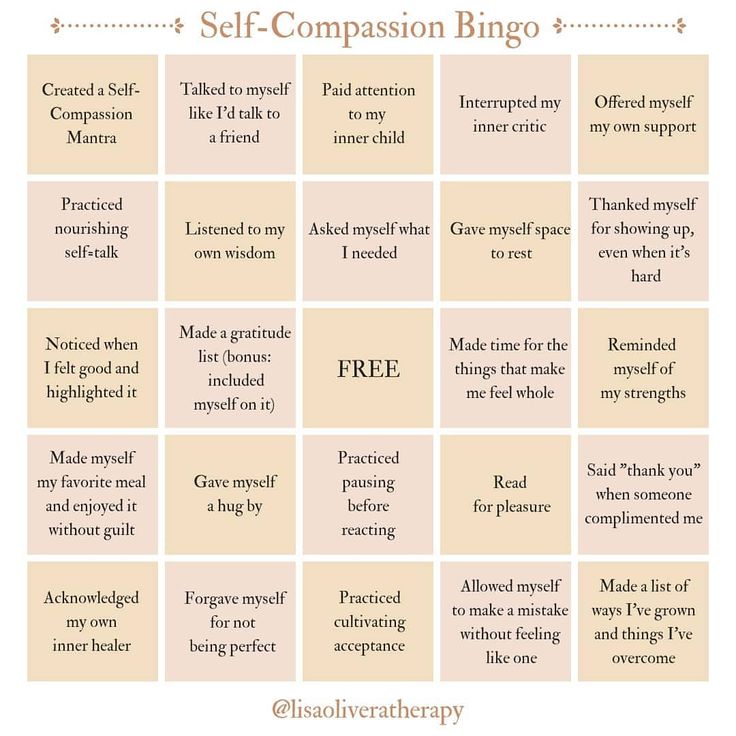 nine0003
nine0003 -
Love.
Oh, how much has been sung and written about this wonderful feeling! This concept is very multifaceted, and everyone puts their own meaning into it.
As for compassion, there is no question of it without love. True love for our neighbor guides all the good deeds we do. True love sees no barriers, so it is able to overcome what is beyond the power of the mind.
3 Common Manifestations for Compassion
Compassion can manifest itself in different ways. For example, to their own kind, that is, to people, to animals or to the world as a whole. Each species has its own characteristics.
1. Secular charity: compassion or cheap farce?
Recently, it has become very fashionable among celebrities to participate in charity. In truth, of all popular trends, this fashion at least brings real benefits. Famous personalities, considering themselves socially responsible, should set a worthy example for their fans and encourage them to also help those in need. nine0003
nine0003
It is sad to realize, but not for everyone this kind of compassion is sincere and comes from the heart. Many participate in such activities more to win love and popularity among those around them, making sure to flaunt every good deed they have done. I wonder how many of them would continue their charitable work if no one knew about it?
2. Compassion for children and animals: do not offend the weak!
Among all manifestations of compassion, it is easiest to “give” it to children and animals. nine0003
The best thing we can do for children is to give them love, lots of love. Thus, a strong foundation is laid for the full development of a small personality. To give them knowledge that is important for life is another task that is important for parents to set themselves.
Attention Deficit Disorder
With respect to animals, vegetarianism is an obvious example of compassion. By refusing to eat animal products, you will save hundreds of living beings.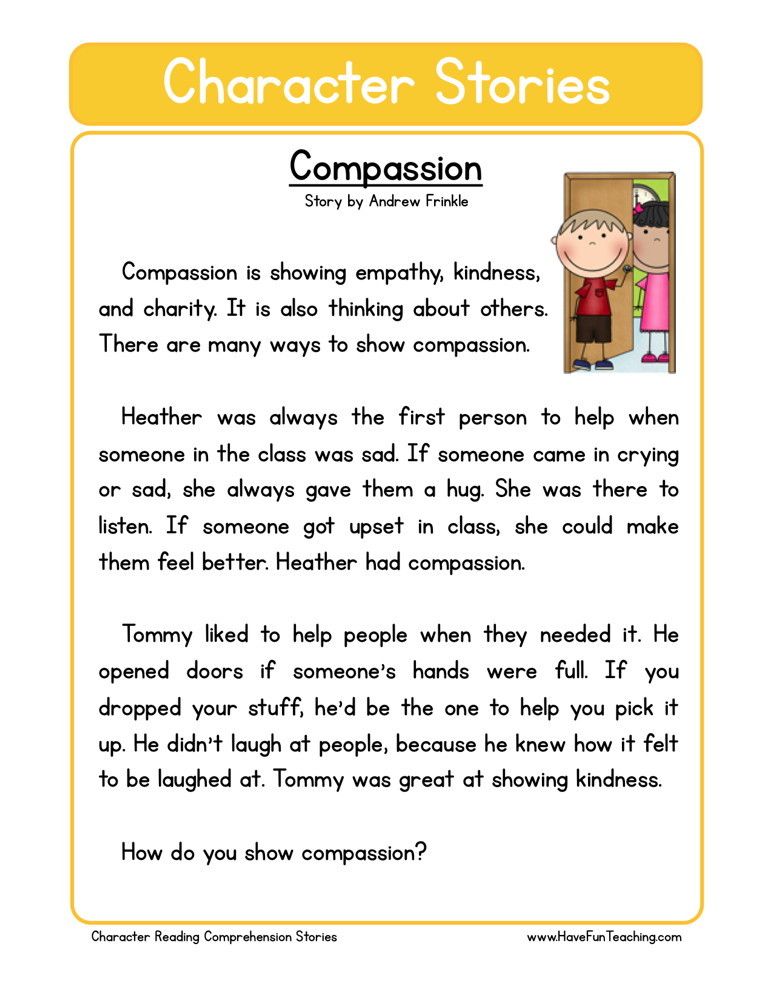 The same applies to the rejection of natural fur products. The modern fashion industry offers a bunch of alternatives to this kind of clothing. nine0003
The same applies to the rejection of natural fur products. The modern fashion industry offers a bunch of alternatives to this kind of clothing. nine0003
3. Compassion for "your neighbor": it's much more complicated than you think
Many people have difficulty expressing compassion for other people. Then thoughts like “Why should I help? Nobody helps me!”, “I have my own problems”, “Go and work!”.
An interesting social experiment was recently conducted on this subject. The first part was that the person approached strangers who were eating something and asked to share. But all of them, as a rule, refused to help. In the second part of the experiment, one guy bought several hungry homeless people a hamburger, and the other came up and also asked to share. Surprisingly, everyone gave away part of the food without hesitation! nine0003
The conclusion of this story can be described by the well-known phrase - "The full will not understand the hungry. " This means that people are more willing to help those whose difficulties are close to them, in whose shoes they, so to speak, have been.
Compassion and empathy, or the ability to feel emotions.
What is compassion and how not to confuse it with pity?
3 ways to learn what compassion is by example, or How to make the heart “not a stone”
A person capable of compassion has many advantages. First of all, having helped your neighbor, it is impossible not to feel your own significance and inner satisfaction. By doing a good deed, we move closer to the common good, making the world a better place. Knowing how to compassion, our heart becomes larger and filled with light, then it is easier for us to build relationships with others and live in general. But the most important thing is that sincere compassion is the best manifestation of love.
Fairy tale therapy: a pleasant method of treatment
This feeling, unfortunately, is not familiar to everyone, but it can be brought up in oneself.
To understand what such compassion will help:
-
religion and spiritual literature.
All religions of the world, from Christianity to Buddhism, speak of the need to help one's neighbor. This quality is indispensable for a highly spiritual person. By reading spiritual literature, you can better understand the meaning of compassion through concrete examples;
-
charity.
As already mentioned, charity has become very popular among wealthy famous people. But an ordinary person can also join it and make their own, albeit small, contribution. If thousands of people give up just one cup of coffee and donate the money they save, it could save someone's life.
 Think about it!
Think about it! A great way to learn to be compassionate is to volunteer at boarding schools and hospitals. A piece of attention and love is so little and, at the same time, so much! nine0003
The author of the article still remembers his trips to orphanages with a smile. Volunteers returned from there charged with positive emotions for several weeks!
-
self-improvement and interest in people.
Selfishness leaves no room for understanding, respect and love for others. Focusing on our problems makes us indifferent to each other.
Try to develop and improve your personality, to understand yourself and what is important to you in life. By understanding yourself, you will be able to be genuinely interested in others and strive to help them. nine0003
You can learn the right relationship with your neighbor all your life, but you can start showing your best qualities in small things today. Listening carefully to a friend's problems, giving up a seat on the bus to an elderly person, helping to carry a heavy package - all these are small manifestations of respect, kindness, mercy and compassion in general.